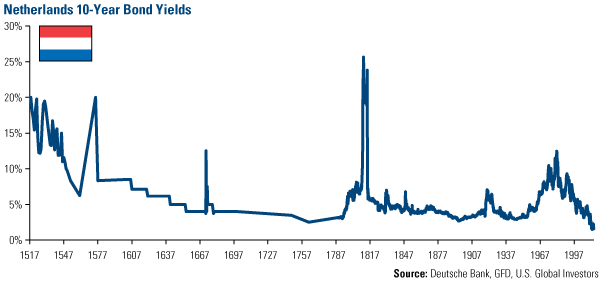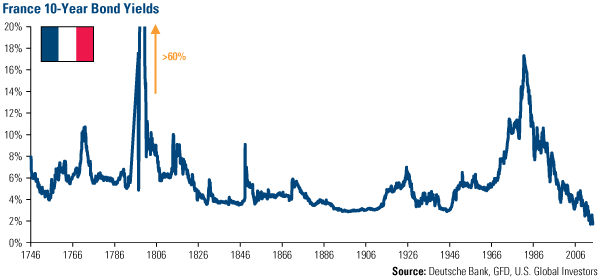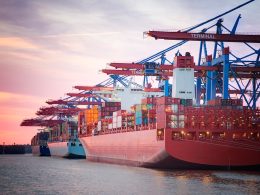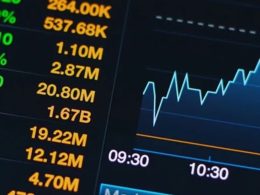Emerging Markets Radar (June 2, 2014)
Strengths
- Poland’s economy grew 3.4 percent, the fastest pace in two years in the first quarter as record-low borrowing costs stoked consumer spending and corporate investments. Earlier this month, the European Commission said it’s expecting Poland’s economic growth to outperform the European Union’s (EU) post-communist members through next year as subdued inflation, and an improving labor market, bolster consumption.
- Latvia, one of the smaller Baltic nations, had its credit rating raised one step by Standard & Poor’s this Friday. The rating agency increased its assessment to A-, the fourth-highest investment grade and equal to Poland, and assigned a stable outlook. The upgrade reflects Latvia’s strong economic performance, with output growing by 4 percent and the agency’s assumption that policymaking will remain focused on sustainable public finances and compliance with EU commitments.
- Chinese equities listed in Hong Kong and Shanghai advanced around 1 percent since the better-than-expected Flash purchasing managers’ index (PMI) release last week and continued speculation of monetary policy easing. News came out after the local market close on Friday that China will appropriately lower the reserve requirement ratio for banks extending a certain amount of loans to rural borrowers and smaller companies.
Weaknesses
- South Africa’s GDP slumped 0.6 percent in the first quarter, after expanding 3.8 percent in the previous three months, marking the worst quarter for the nation’s economy since the 2009 recession. The contraction was deeper than analysts predicted and occurred as a result platinum-mining strikes. Mining output, which makes up 15 percent of the economy, plunged 24.7 percent, the biggest quarterly drop in almost half a century.
- Brazil's economy barely grew in the first quarter with a 0.2 percent quarterly reading, slower than 0.4 percent growth in the fourth quarter. The causes for the decline appear to be the same ones that have plagued the South American economy over the past three years, shrinking factory output, reducing investment and flattening consumer spending. The reading could have been worse, as heavy government spending ahead of the October election tilted the overall balance toward modest growth.
- The Philippines’ first-quarter GDP rose a much slower-than-expected 5.7 percent year-over-year. A third-quarter slowdown and expansion lower than the government’s 2014 target of 6.5 percent, was largely attributable to loss of agricultural production related to the typhoon damage in late 2013. The Philippine peso weakened by 0.4 percent this week.
Opportunities
- A weaker euro is positive for the export-heavy economies in the continent and should bode positively for European stocks. A Deutsche Bank report this week shows European bonds resumed their march lower in yield, with many markets flirting with all-time lows. The decline in European yields, together with expectations for a European Central Bank (ECB) rate cut at next Thursday’s meeting have been adding downward pressure to the euro. As an investor you may want to hedge your euro exposure given the uncertain outlook. To put these low yields in perspective, Deutsche Bank refreshed its 2012 "A Journey into the Unknown" document plotting Dutch yields back to the year 1517 and France yields back to 1746. As you can see in the chart below, the uniqueness of this situation makes it exceptionally hard to understand the full ramifications of these events.
- Solid waste disposal by incineration is part of the long-term solution to soil pollution in China where an April government study showed that 16 percent of its surveyed land in China is polluted. Eastern China is close to Japan in terms of population density, and Japan incinerates almost all of its waste versus just 48 percent (the 2015 target for eastern China) and 35 percent nationwide. Leading environmental service companies engaged in waste-to-energy projects should benefit the most.
- Qatar raised its foreign ownership limit for shares listed on Doha’s stock exchange in preparation for its official upgrade to emerging market status. Following the announcement, investors outside the Gulf states will be able to hold as much as 49 percent of a company listed on the Qatar Stock Exchange after the limit was raised from 25 percent. The increase is expected to improve inflows from active investors.
Threats
- Last week, China and Russia signed a $400 billion, 30-year gas supply deal, aiding China in securing a major source of cleaner fuel and opening up a new market for Russia, as it risks losing its European customers. But there is more than meets the eye. The deal will require Gazprom to invest nearly $55 billion in infrastructure within the next four years to deliver on a contract that reportedly pays a 10 percent discount over the prices charged to European clients, despite the fact that Asian gas prices are traditionally much higher than European prices. In this light, the transaction sees Gazprom switching away from Europe to Asia at a multibillion dollar cost to shareholders. Political arguments aside, the transaction adds no economic value to the Russian gas producer.
- In addition, and much to Russia’s loss, the EU, which currently imports around 40 percent of its gas from Russia, has begun talks to increase its energy independence. This is likely to be achieved by tapping into the Bloc’s sizeable shale gas deposits. EU leaders have suggested a "European Energy Union,” a single market that would assure the Bloc is not overly reliant on any one country for its energy. The Commission's plan will be submitted to EU leaders at a summit in late June. The chart below shows the EU and select European countries’ recoverable shale gas reserves expressed in years of domestic consumption.
- China’s new home prices fell 0.3 percent in May, the first month-over-month decline since June 2012. Deteriorating sentiment toward Chinese residential property oversupply in lower-tier cities, coupled with a peak in the maturity of wealth management products in the second half of this year, only adds to volatility of property-developer stocks in the near term.



















